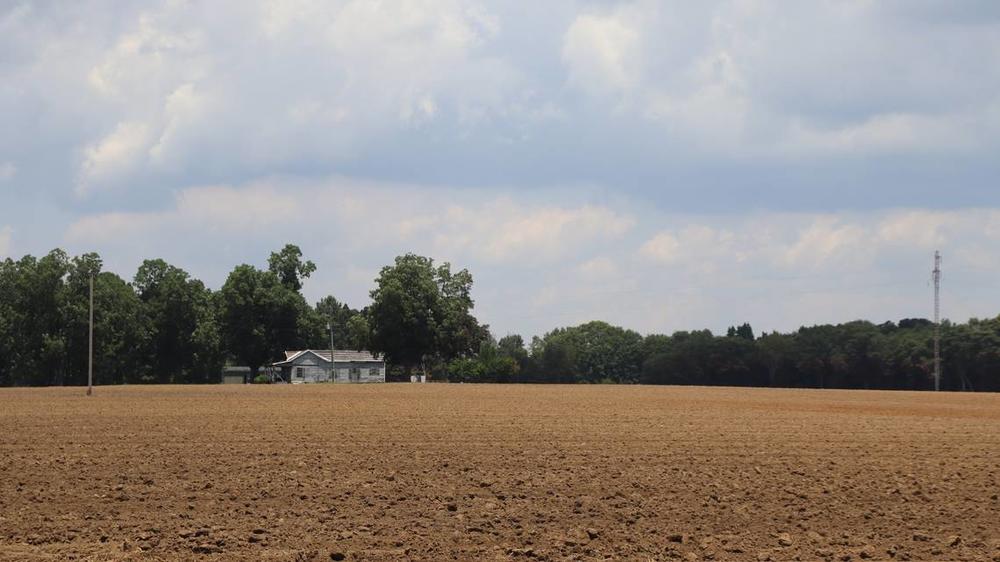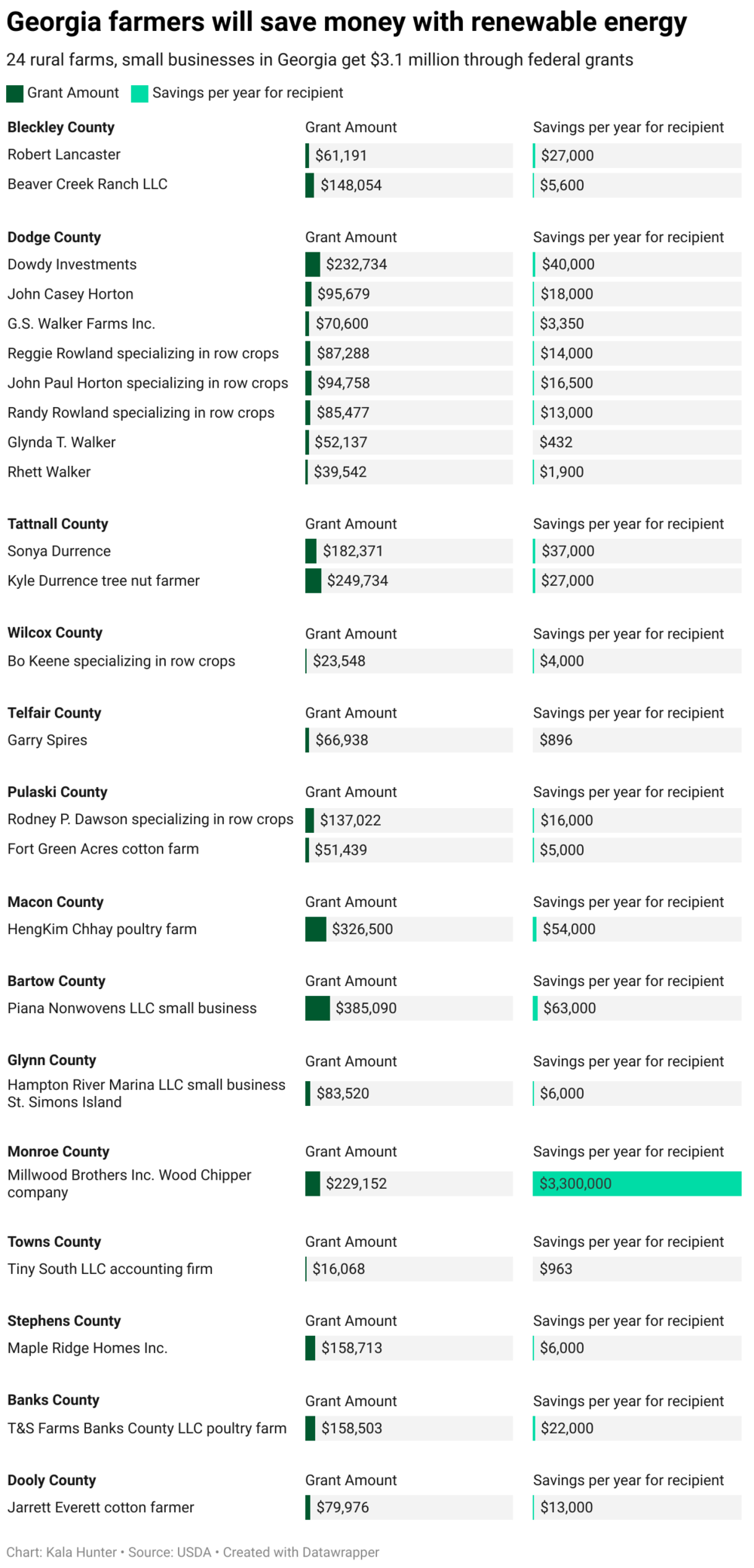
Caption
Dry soil stretches far on tilled farm in Americus, Georgia, in this June file photo. Farms and small businesses in Georgia are getting grant money to implement climate-friendly energy technology. Dry soil streches far on tilled farm in Americus, Georgia. Americus is expected to reach hot temperatures this weekend that are made three to four times as likely by climate change.
Credit: Courtesy of Ledger-Enquirer


